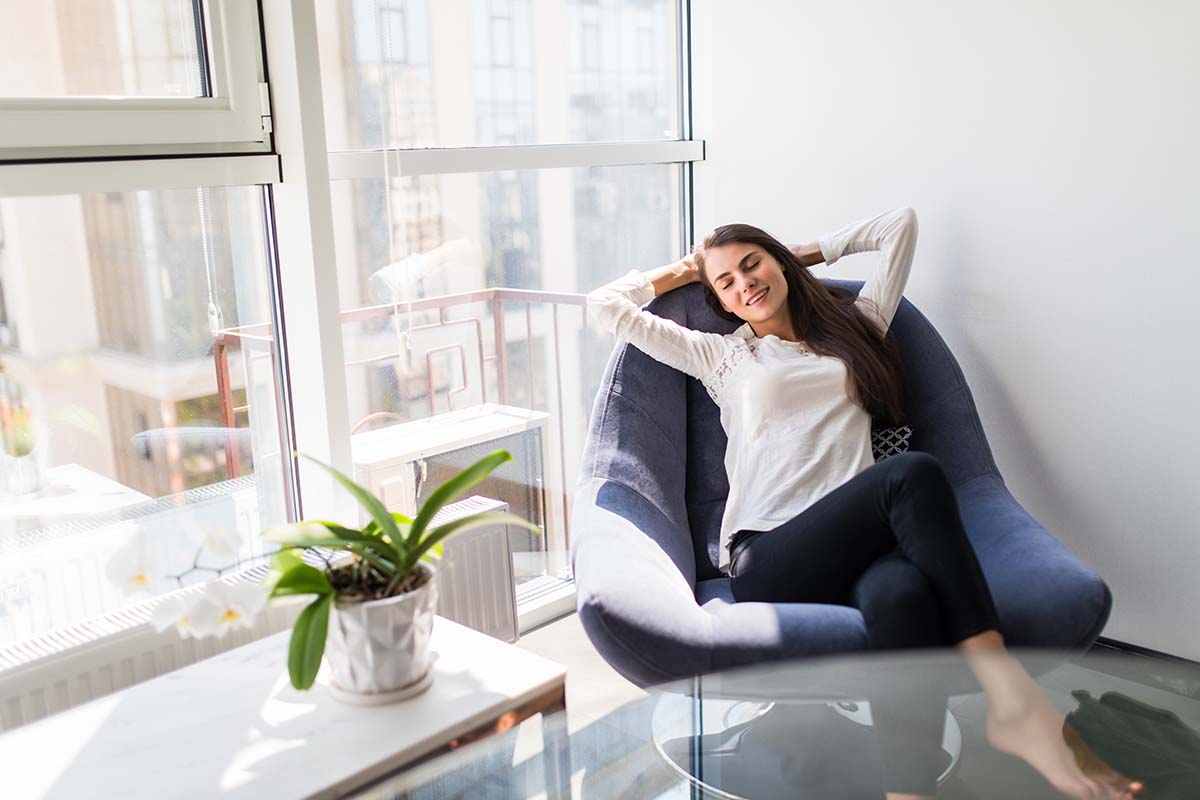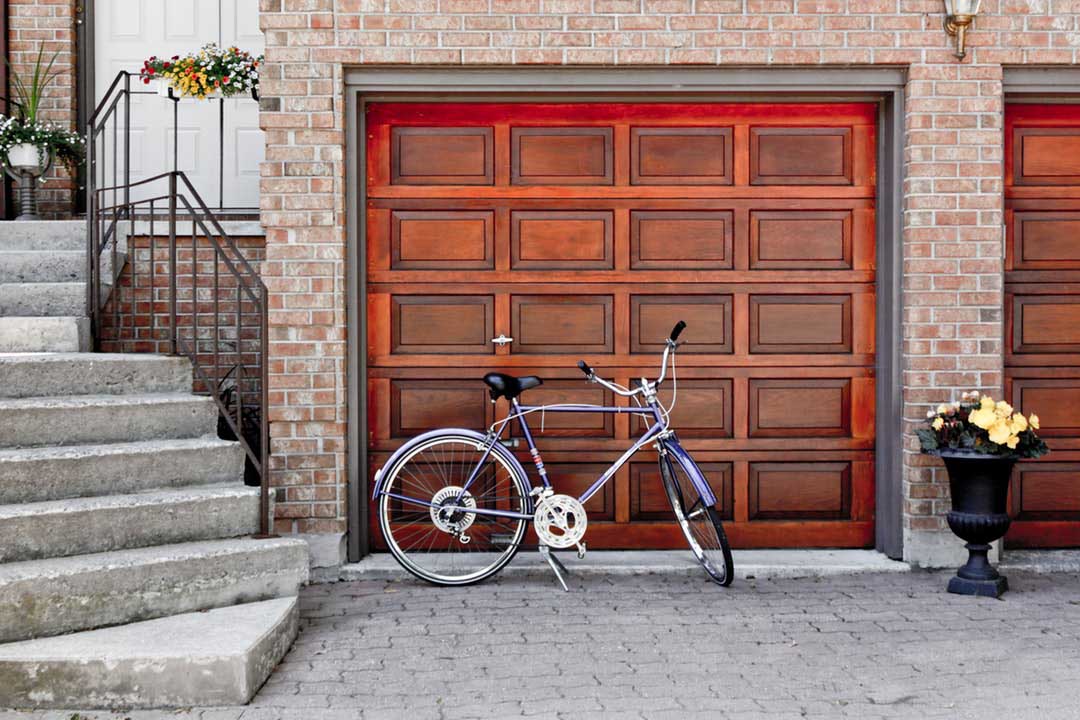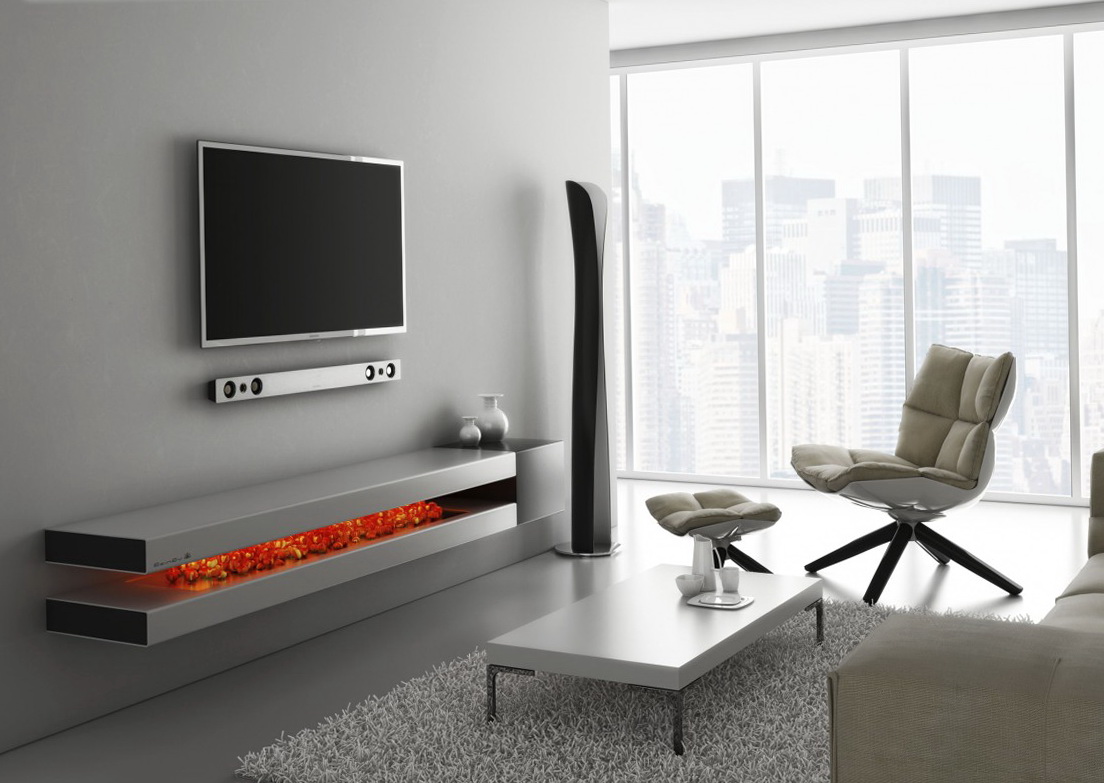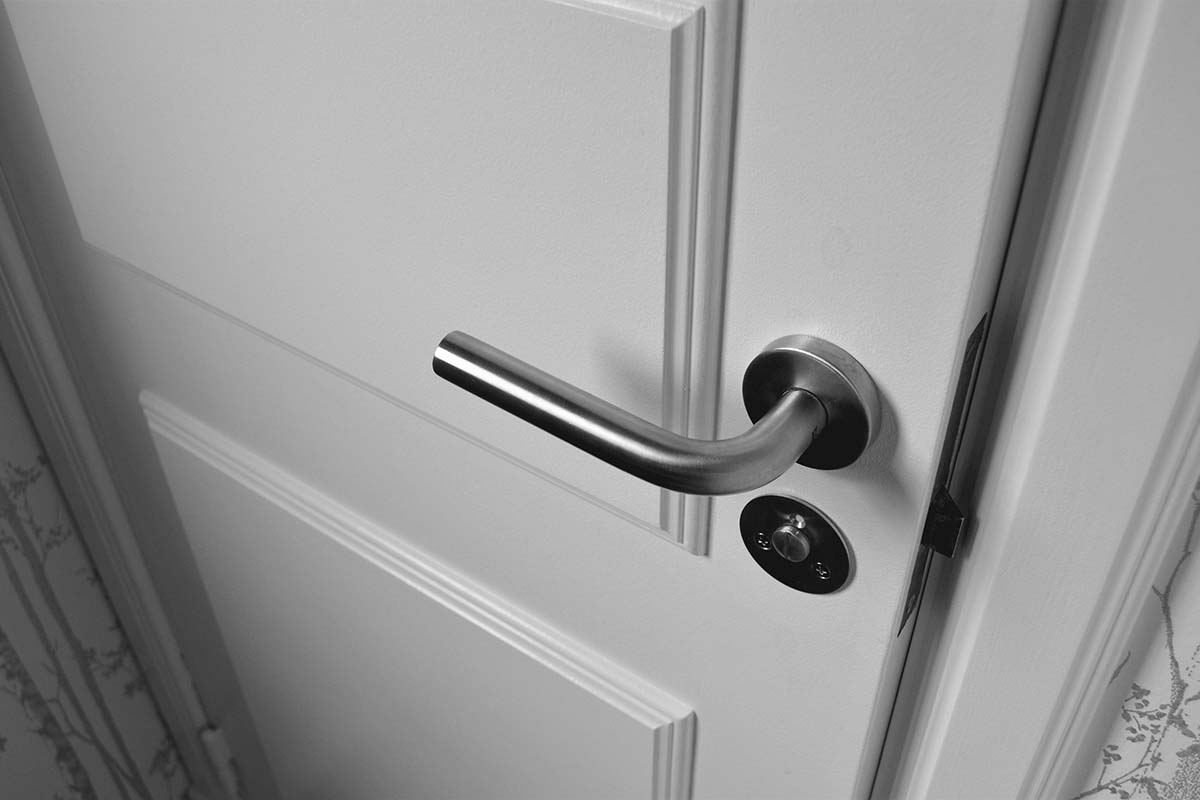The Different Types Of Air Filters And How To Choose One
Whether you have an AC or a furnace, changing your air filter every 90 days (or 3 months) is highly recommended to avoid poor air quality. Poor air quality can negatively impact your health, especially if you or one family member has respiratory problems. Air filters get rid of harmful particles flowing through the air in your home.
They have different features, dimensions, brands, and components. If you need to buy a new air filter, you’re probably feeling lost, as there’s a wide range of air filters and brands to choose from. That’s why we’ve prepared this guide to help you understand the difference between the many types of air filters and how to choose the right one for you.
Where Will The Filter Be Installed?
Before buying an air filter, you need to decide where to install it. The place where you’ll install the air filter will affect the type of filter you need to look for. Air filters can be fitted behind AC filters, also known as intake vents. They can also be changed in your furnace filter (box). Knowing where to place the filter is important because there are different intake vents and furnace box applications.
What Size Do You Need?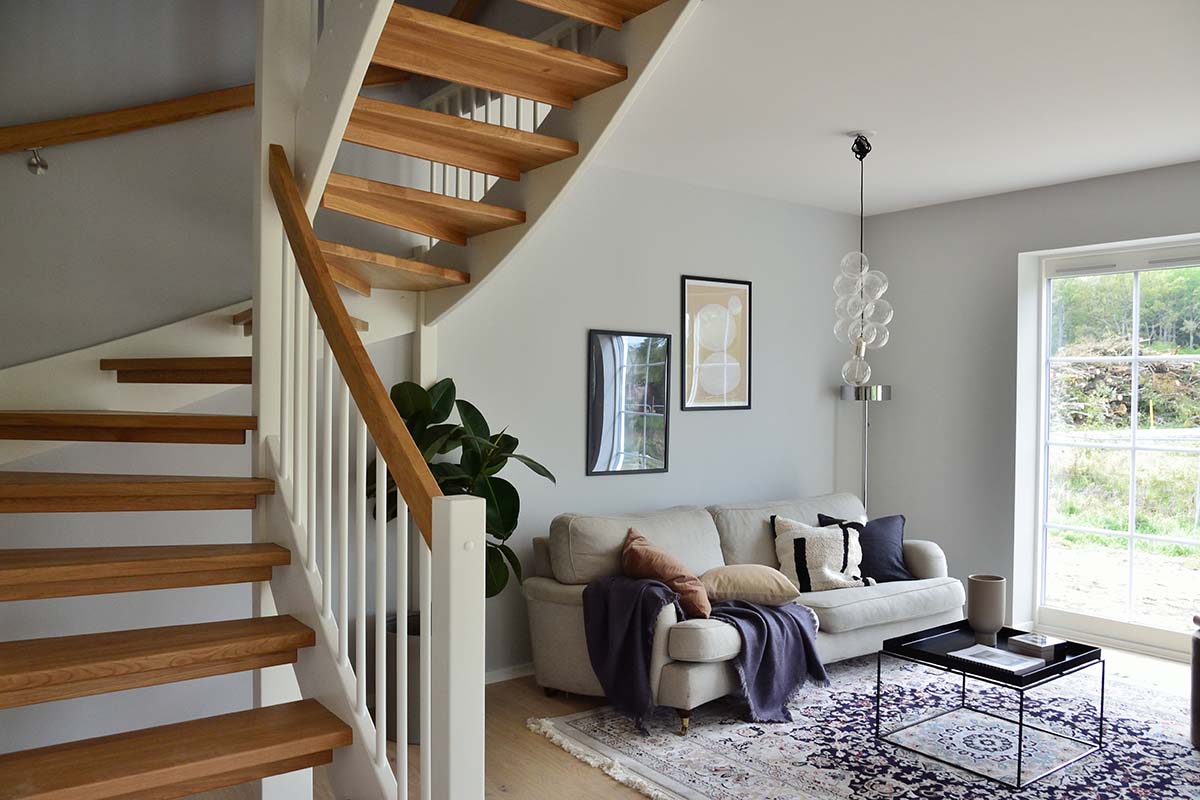
If you want to know what filter size you need to buy, you can measure your air filter’s dimensions. Measure their height, thickness, and width. This ensures that the new filter you purchase will properly fit.
Different Types Of Air Filters
The main difference between types of air filters is their ability to filter particles. The MERV rating is a good indicator of how much filtering power the air filters have. These ratings range from 1 to 20. However, most house filters have a MERV rating of 8-13 on average. Air filter media or the type of materials used to filter out air can also differ from one model to another.
Best MERV Ratings
Generally, MERV 13-rated filters are your best option, as they can filter airborne pollutants down to 3 microns. They filter out harmful substances by 98% and can last very long. They block pollutants, including:
- Dust
- Mold
- Smoke
- Bacteria
- Pollen
UV Filters
UV filters use ultraviolet waves to destroy viruses and harmful bacteria. They contain UV lamps that emit germicidal radiation to disinfect the air. So UV filters eliminate microorganisms and molds that can be dangerous to your respiratory system and general health.
Nonetheless, UV filters can be expensive to install, and the lightbulbs need to be replaced regularly. It would help if you were careful because UV filters can turn Oxygen into Ozone, resulting in chest aches and asthma when consumed in high amounts. Regular maintenance is key to ensure that there are no Ozone particles in your household.
High-Efficiency Filters (HEPA)
The US Department of Health states that High-Efficiency or HEPA filters block almost 99.97% of hazardous particles from the air. They have the highest MERV rating among residential air filters, with a rating of 16.
Thus a HEPA filter for your HVAC can provide the highest air quality and protection for you and your family. If there’s a smoker in your house, HEPA filters also eliminate smoke pollutants like tobacco. Yet, some particles, including odors and spores, are too small for HEPA to filter out.
Environment-Friendly Filters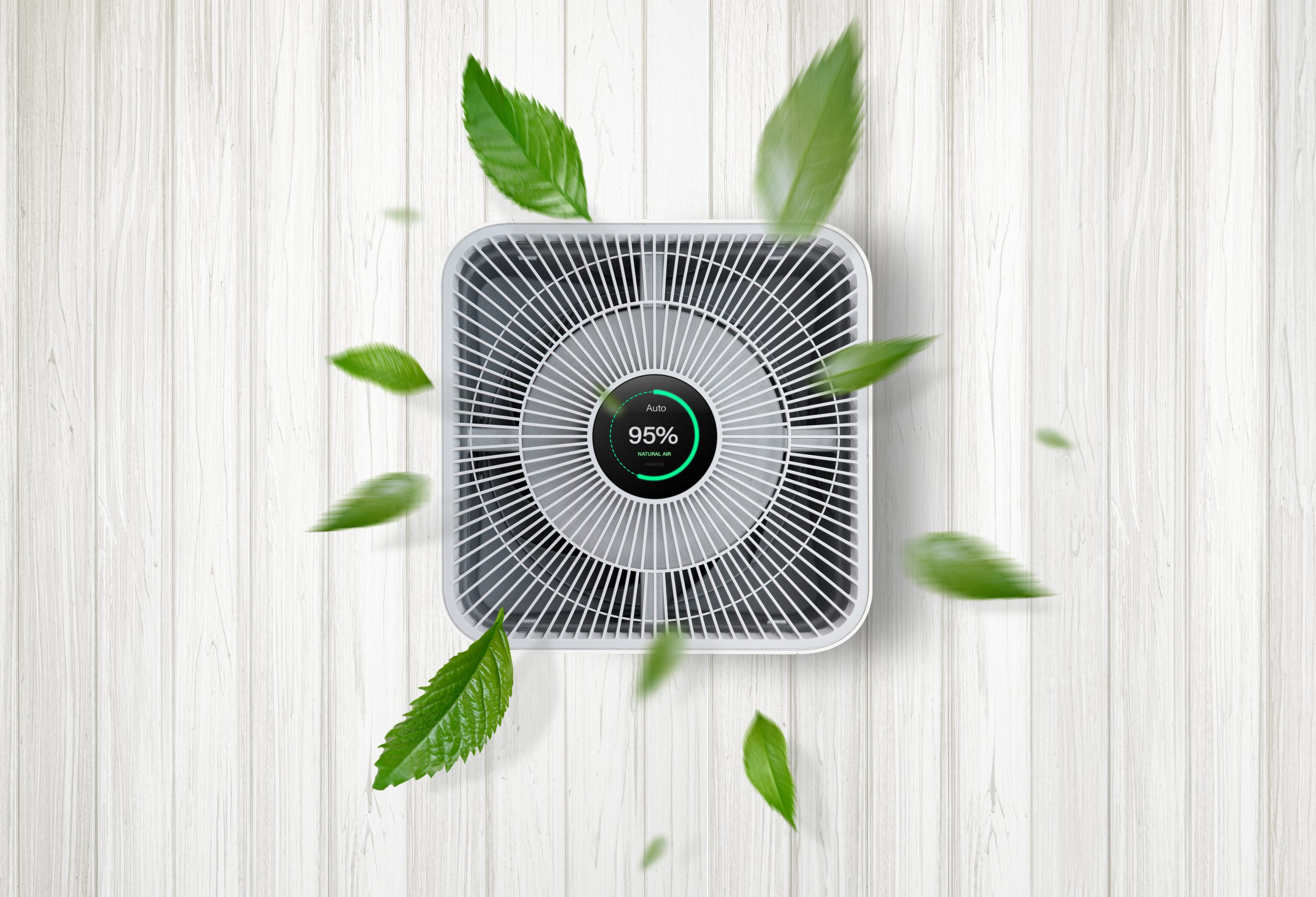
If you’re a sustainable consumer, washable filters can be a great option. They have reusable parts and washable filters, allowing you to cut down on your costs. They also come with instructions on how to wash and dry the filters.
You need to dry this washable filter very well before reinstalling it because molds grow in moisture, which can worsen your air quality. These environment-friendly filters can be a bit costly, but many people say that it’s an investment that can save them more money in the long run.
Glass Filters
Some filters are made of fiberglass and have a metal grate. Fiberglass media removes all debris from the air. Spun glass filters are also very cheap, making them cost-effective if you want to filter out dust. Yet, these glass filters are not suitable for people with asthma as they don’t purify the air from tiny particles.
All air filters have their pros and cons. However, the best air filter for you depends on your needs and preferences, like your budget and size options. Some people want basic air filters, and others need high-efficiency filters that can filter allergens, mildew, and all types of airborne substances. Identifying your needs and referring back to this guide will help you choose the right air filter without wasting your time and energy.
